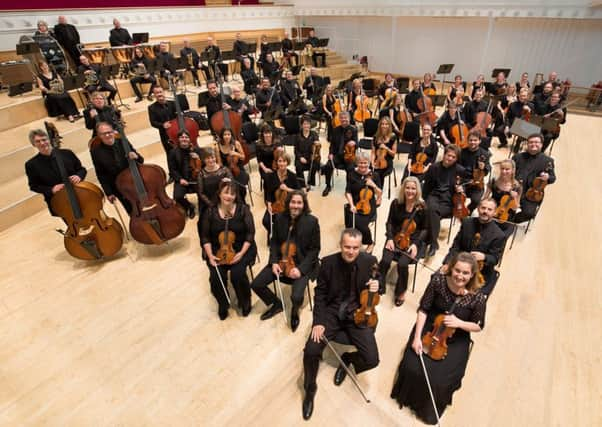Music review: BBC SSO & Thomas Dausgaard


BBC SSO & Thomas Dausgaard ***
City Halls, Glasgow
A century on, performances can still be hit or miss, but there have been plenty of examples over the years – both live and on CD – to prove the difficulties are surmountable. For me, Thursday’s performance in Glasgow resurrected Adorno’s questions rather than endorsed Schoenberg’s infatuation. The devil was in the lack of detail.
Dausgaard expressed his own potent view on the shape and flavour of this epic symphony: the vying restless complexities that ignite the opening movement; the unflinching jollity of the finale; and in between, the succulent diversions of the two nocturnes and illusory scherzo. Fine, so far as it goes.
Advertisement
Hide AdAdvertisement
Hide AdBut in truth, the SSO did not sound comfortable in its task. Where was the laser precision and searing electricity? Why such unchecked tuning, even nervousness, from the brass and wind? In short, where was the red-hot Mahler we’ve been used to from past great SSO performances?
Haydn’s Symphony No 88 fared better, not least its sprightliness and the rustic bassoon growls that titillate the Trio. Dausgaard inspired a more immediate response here, the ragged opening aside.